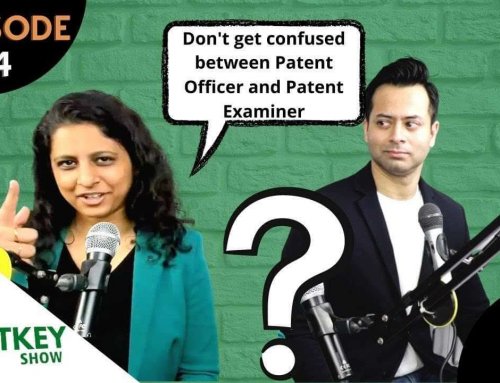Amul well known for their quirky and contemporary advertising, seem to have found themselves in trouble due to their recent advertisement that compares them to frozen desert companies. The advertisement claims that while they use real milk to make real ice cream, other frozen desert companies use vanaspati oil.
As reported by ,HUL and Vadilal have taken Gujarat Cooperative Milk Marketing Federation Limited to court claiming that this Amul advertisement by GCMM constitutes disaparagement. Since the only case pending between two parties that I could find on Bombay High Court website does not have any uploaded orders.
Dispute
As is relevant to this dispute, the Food Safety and Standards Authority of India (FSSAI) has mandated that ice cream made with vegetable oil is to be labelled a ‘frozen dessert’, while only those products that contain milk fat can be called ‘ice cream’. HUL, the manufacturers of Kwality Walls ice cream, released a statement that called Amul’s advertisement misleading, as it made “factually incorrect statements”, and “created apprehensions” among the consumers of frozen desserts. Further, HUL clarified that Kwality Walls ‘frozen dessert’ products did not contain Vanaspati. The only difference between ice creams and frozen desserts, they pointed out – is that “frozen desserts use vegetable fat instead of dairy fat, which actually makes them healthier as they have lower saturated fat and do not have cholesterol”. Amul reportedly issued another statement, stating that frozen dessert companies were misleading consumers by using low cost ingredients, and that they were attempting to make consumers aware of the difference.
The essence of this controversy is the implication of ‘frozen desserts’ being made with Vanaspati oil, as is being referred to in the advertisement. While HUL accepts that they use vegetable fat, it is the negative implication that the use of the word ‘Vanaspati’ will have on their sales, that is said to constitute disparagement in this present case. While the advertisement in question does not mention Amul’s competitors by name, HUL has reportedly argued that it is not necessary for the name of the brand to be explicitly mentioned for there to be a case of disparagement. A proposal put forward by HUL was that a voiceover (‘vanaspati tel yaani vegetable oil’) be edited into the advertisement to clarify that it was vegetable oil that was being referred to and not Vanaspati. As per these news reports, GCMMF then contended that the onus lies on HUL to prove that consumers will be misled by the words ‘vanaspati tel’ in the advertisement.
Trademark Disparagement
Section 29(8) of the trademark act provides for an action of infringement to lie in case an advertisement containing a registered mark. (a) Takes unfair advantage of, and is contrary to honest practices in industrial and commercial matters. (b) is detrimental to its distinctive character .(c) is against the reputation of the mark. While it will fall to the determination of court whether the advertisement can be said to have been registered





